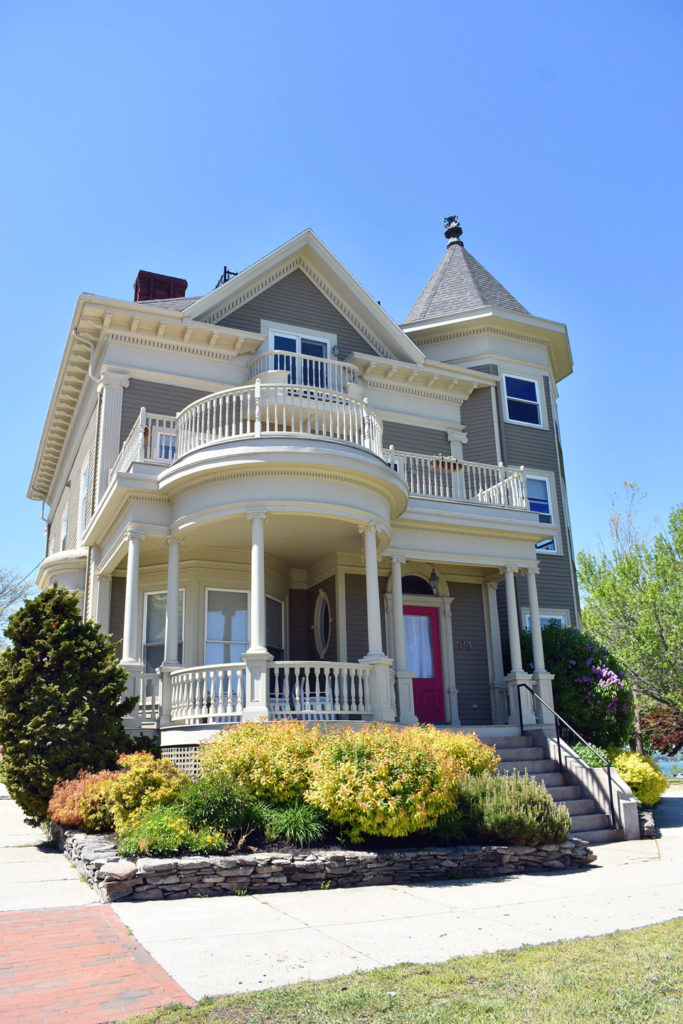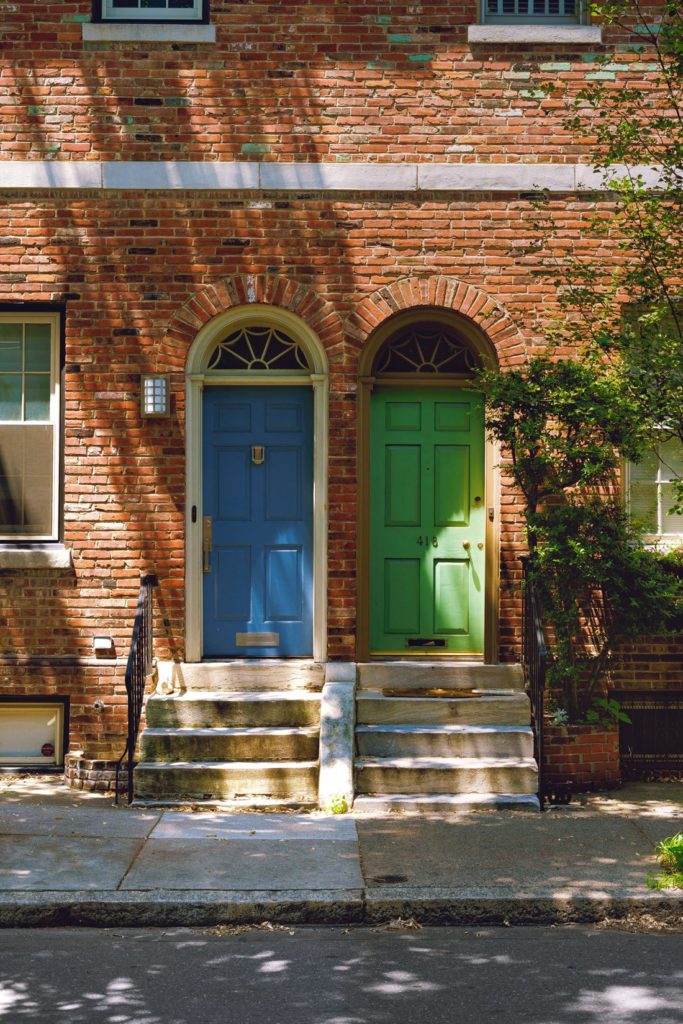A Home Equity Line of Credit (HELOC) is an easy way to borrow money using your home’s value as collateral. Let’s look into how a HELOC works and whether this option is right for you. How Much Can You Borrow with a HELOC? The first step in deciding if a HELOC is right for you …










